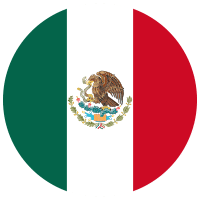


The ovarian reserve is the number of eggs available in each ovary for a woman's reproductive life. Women are born with around 1 million eggs and by the age of 35, the ovarian reserve begins to diminish and only 5% of their eggs are available, which may not be of the best quality to achieve a successful pregnancy.


"My experience with Ingenes was very calming all because of the staff, they were welcoming and made you feel at ease with everything."
Ingenes McAllen, TX.